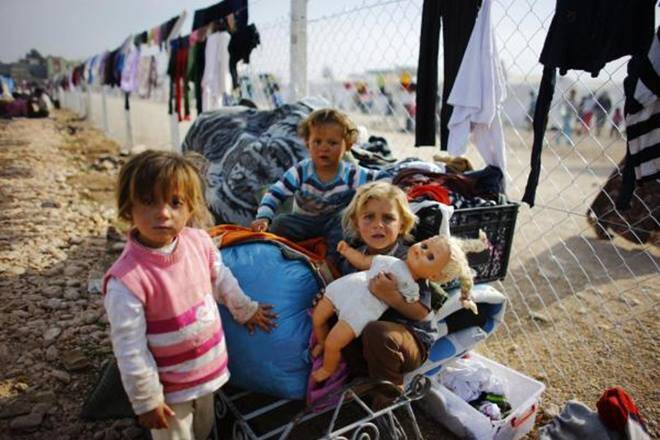This is a panel study, now in its sixth year, and is focused on the effect of political violence in real life and in the media on children’s well being. The fourth wave of data collection will be undertaken within the next year, with two main purposes: (a) to test whether chronic exposure to political violence leaves a mark on physiological indicators; and (b) as two thirds of our sample have now reached the voting age, to explore how attitudes about war and peace, nationality, and stereotypes about the enemy have, over the years, matured into a political ideology.
Collaborators:L. Rowell HuesmannEric DubowSimha LandauPaul BoxerKhalil Shikaki


Many scholars have suggested that individuals have an irrational preference for political information which aligns with their own views. Building on this assumption, we study the mechanisms through which this bias polarizes political attitudes and behaviors. We identify two polarizing processes, one normative and the other informative. We identify the psychological factors affecting preference for like-minded political information; why such preferences affect political participation; and apply network analysis to the web-browsing data, testing if psycho-political attitudes have an effect on the network structure. We also address methodological issues, comparing two methods of data collection – self- reports and technological tools developed in the project.
Collaborators: Yariv Tsfati, Kelly Garrett Ericka Menchen-Trevino
created with
WordPress Theme Generator .